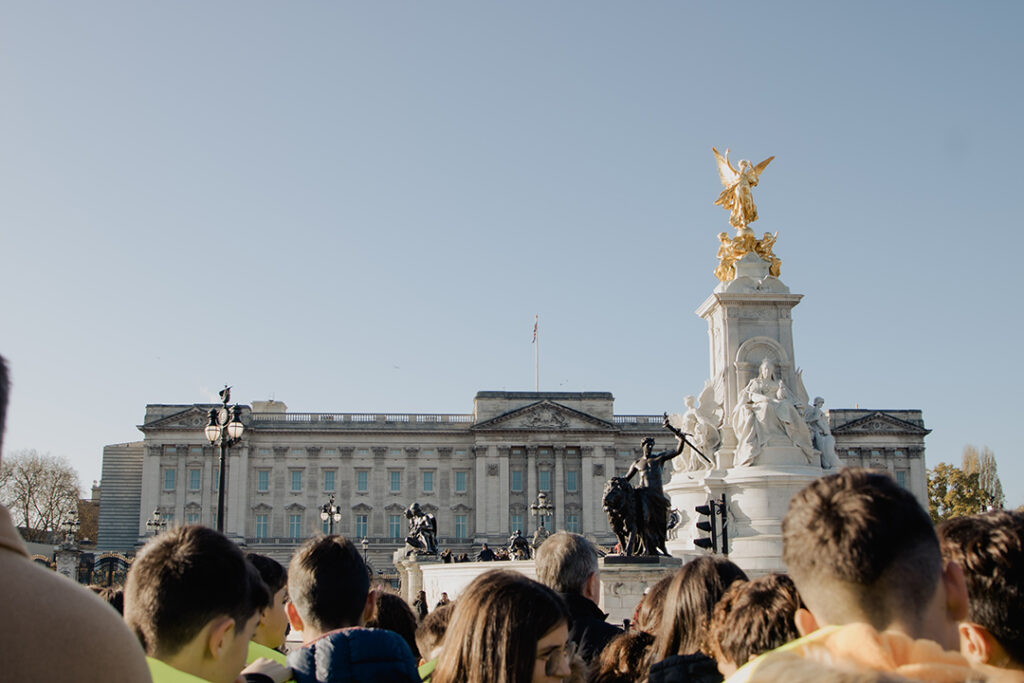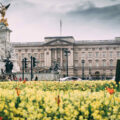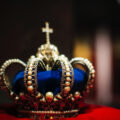Embracing diversity: The place of different faiths in King Charles III’s coronation
Embracing diversity: The place of different faiths in King Charles III’s coronation
King Charles III’s coronation embraced diverse faiths, symbolising inclusivity. It sets an example for other nations, promoting an inclusive society.
In a world characterised by diverse beliefs and cultural practices, King Charles III’s coronation reflected the changing face of modern society. As the UK enters a new era under his reign, there is a renewed emphasis on inclusivity and respect for all faiths. This article explores the significance of religious diversity in King Charles III’s coronation, highlighting the progressive vision of a king who seeks to unite his subjects regardless of their religious affiliations.[1] [2]
A symbolic shift towards inclusivity
Traditionally, the British monarchy has been closely linked with the Church of England, but King Charles III is charting a new course by acknowledging and embracing multiple faiths. The coronation ceremony was an interfaith occasion, with representatives from different religious communities participating alongside the established Church. This groundbreaking move symbolises a shift in the monarchy’s role as the ‘Defender of the Faith’ to becoming the ‘Defender of All Faiths’. By actively including diverse religious voices, King Charles III recognises the richness and contributions of all faith traditions within the United Kingdom.[3]
Interfaith collaboration and dialogue
One of the primary goals of King Charles III’s coronation was to foster interfaith collaboration and dialogue. The event provided an opportunity for representatives of different faiths to come together, exchange ideas, and promote understanding and harmony among communities. This inclusivity reflects the king’s vision of a society where individuals of all faiths and backgrounds thrive side by side.
During the preparations for the coronation, King Charles III exemplified inclusivity by accommodating the Chief Rabbi’s observance of Shabbat. This gesture of respect and accommodation showcased the king’s dedication to upholding and valuing the practices and traditions of diverse faiths. As part of this, Charles extended an invitation to Chief Rabbi Ephraim Mirvis to stay at his residence, Clarence House, on May 5th, the Friday night before the event. This convenient arrangement allowed Chief Rabbi Mirvis to attend the event without using electricity, as he would also participate in an early morning Shabbat service along the way. Furthermore, during the ceremony’s conclusion when religious leaders offer a unified spoken greeting to Charles, Chief Rabbi Mirvis abstained from using a microphone.[4]
The participation of religious leaders from various faith communities further showcases the shared values that unite humanity across different belief systems. It sends a powerful message that diversity should be celebrated, and that the different faiths within the nation can coexist peacefully.
A powerful example for other nations
In a world where diversity is increasingly celebrated, King Charles III’s coronation sets a powerful example for other nations to follow. By placing different faiths at the centre of the ceremony and showing respect for their practices, he demonstrated a commitment to building bridges across religious divides and creating a more inclusive and harmonious society. The coronation is a testament to the king’s vision of a nation where individuals of all faiths come together in shared purpose and collective progress.[5]
Learn more about religion and society on the EARS Dashboard
Sources
[1] On King Charles approach to faiths see King Charles III: Faithful defender? – EARS
[2] Spirituality over dogma? King Charles III’s relationship with religion
[3] Defender of all faiths? Coronation puts focus on King Charles’s beliefs
[4] From Shabbat arrangements to Jerusalem oil: Jewish details of King Charles coronation | The Times of Israel
[5] King Charles III’s ‘People Of All Faiths’ Pledge: Why They’ve Introduced New Inclusive Language As More Crown Critics Emerge




